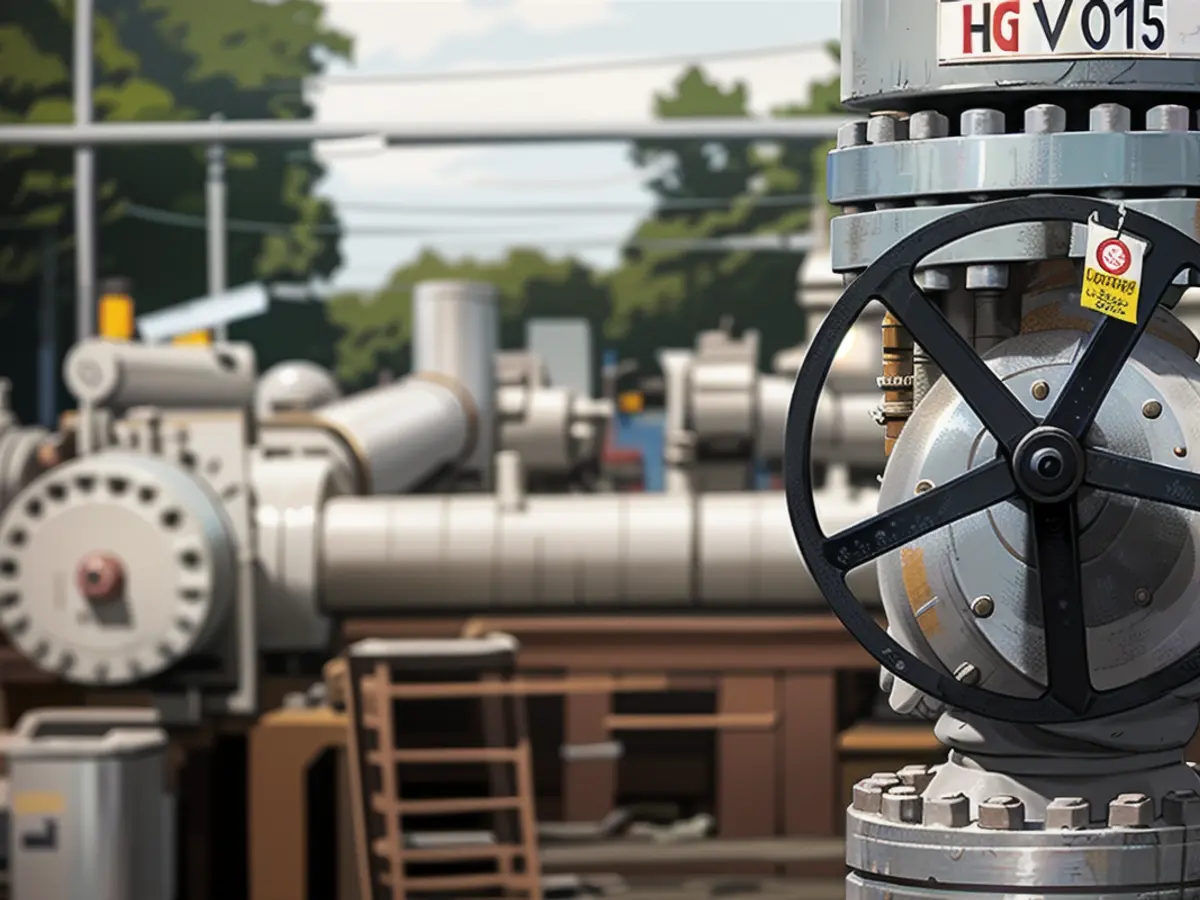Collaboration among three nations to ease hydrogen imports.
Hydrogen is expected to play a significant role in reducing carbon emissions in energy production. In Algeria, this can be produced at a relatively low cost. Now, Italy, Austria, and Germany are working together on how to transport it from there to Europe. The focus is on using gas pipelines.
Germany, Italy, and Austria are spearheading the development of a hydrogen corridor from North Africa. The three countries have signed an agreement in Brussels for the construction of import pipelines. The EU has already identified this southern hydrogen corridor as a 'project of common interest' and has provided funding support. The main focus is on transporting hydrogen generated using wind or solar power in North Africa to Southern Germany via Italy and Austria. Existing natural gas pipelines will be used to transport this hydrogen from Algeria through Tunisia to Italy and from Italy to Austria and then to Germany.
"The South Corridor will play an important role, especially in supplying the southern German states with green hydrogen," said Economics Minister Robert Habeck. Having a functioning cross-border hydrogen pipeline network along this route will be a major step towards establishing a fully connected European hydrogen network. The countries estimate that around 70% of the approximately 3000-kilometer-long connection can be used with the existing infrastructure.
Germany's hydrogen strategy aims for up to 70% of the required hydrogen in 2030 to be imported. And the details will be worked out in an impending import strategy. The plans include a total of five large-scale pipeline hydrogen import corridors. The day before, the cabinet had approved a draft bill to accelerate the development of infrastructure for the production, storage, and import of hydrogen.
Habeck previously visited Algeria in February, one of the EU's key natural gas suppliers. By 2030, Algeria could replace natural gas with hydrogen through the existing connection. And as the largest country in Africa, Algeria could produce hydrogen cheaply with solar or wind power. By 2040, Algeria could meet about 10% of the EU's hydrogen demand.
The pipeline connection is crucial for Southern Germany, as the other planned hydrogen connections from Norway and the United Kingdom all lead to Germany in the northwest.
Read also:
- Few cars weigh under a ton in present times.
- Lack of snow also opens up new opportunities for winter tourism
- Abrupt end to e-car subsidies
- The chemical industry has little confidence
The three-country cooperation between Italy, Austria, and Germany, focusing on a hydrogen corridor from North Africa, aims to transport hydrogen generated at low costs in Algeria to Europe using existing natural gas pipelines. This collaboration is part of Germany's broader strategy to import up to 70% of its required hydrogen by 2030, with North Africa potentially becoming a significant supplier of green hydrogen.
Source:








